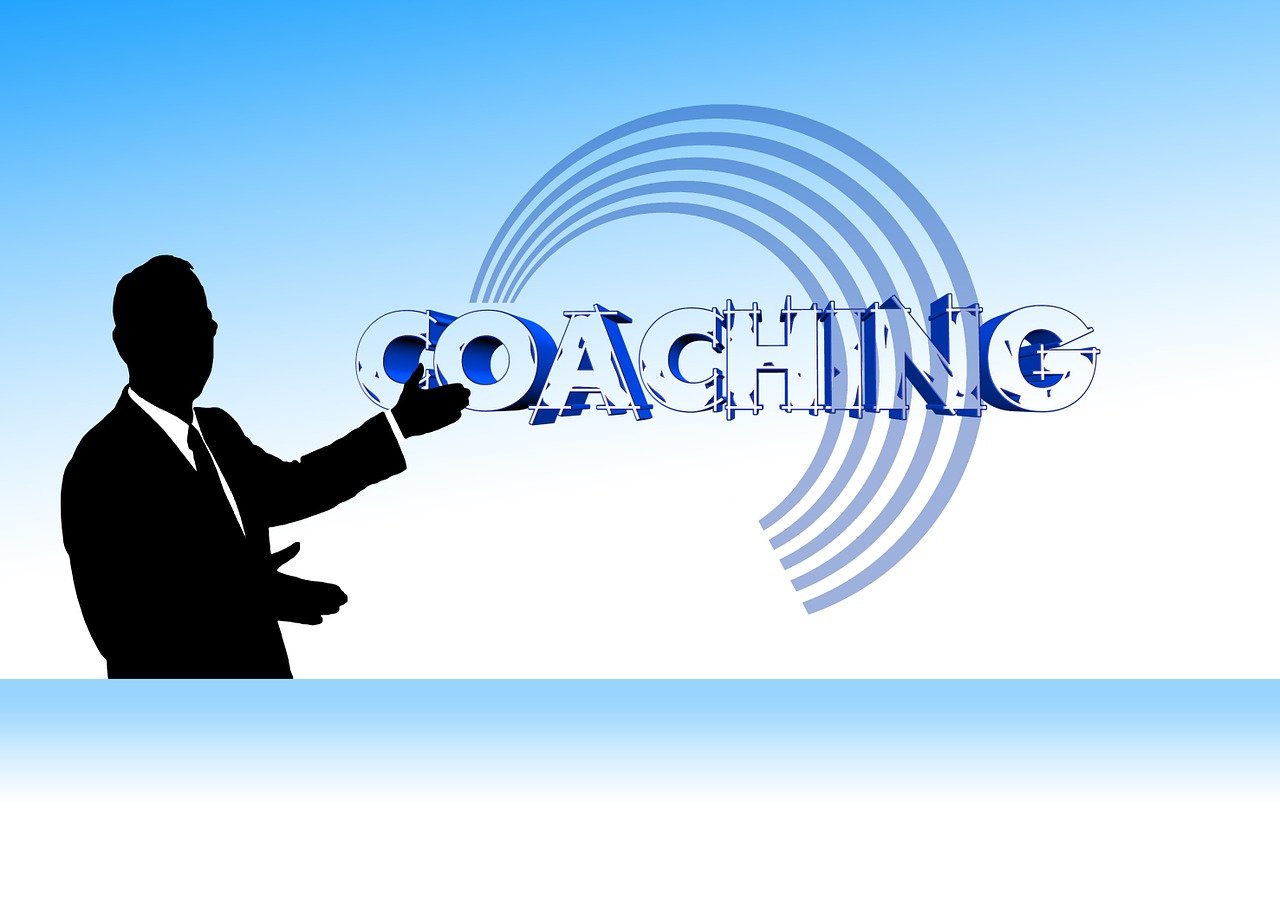
Coaching can contribute to energy management and the development of so-called soft skills (linked to the emotional and social).
Coaching is an interactive process that allows a coach (trainer) to assist their coachee (the client who perceives the coaching) to achieve the best in themselves . The coach, therefore, helps the person reach a certain goal through the use of their own skills and resources in the most effective way.
The concept, which comes from the English verb coach ( "to train" ), is not part of the dictionary of the Royal Spanish Academy (RAE) despite its widespread use in our language. Its essence implies assuming that the coachee already has the knowledge to solve all those issues with which he must deal. What the coach must do, therefore, is not to teach something new, but to show the coachee the way to learn from what they have inside.
The concept
Coaching, in short, is committed to experiential learning . The aim is for the individual, by improving his or her self-knowledge and acquiring certain habits, to achieve his or her personal aspirations , achieving empowerment and enjoying well-being.
The coach as a facilitator must provide counseling that contributes to the personal development of the coachee . This, in turn, has to adopt active listening and assume responsibility for their self-development to begin the process of change that allows them to advance in solving problems. Motivation, in this framework, is essential for personal transformation and continuous improvement .
Coaching process
The first step of a coaching process consists of the coachee observing and analyzing their behavior and thoughts , and then making them aware of the effects of their decisions. Knowing what you are looking for (that is, defining the establishment of goals), determining how to move towards that objective and periodically evaluating the path chosen to ratify or modify the actions are other necessary steps.
In recent years, the implementation of coaching as a training and development resource has experienced great growth and development. Hence, there are currently very different types of it. Among them is, for example, the so-called coercive coaching, which is one that fundamentally focuses on the relationship established between the coach and the client themselves.
Another class is structural coaching , which is identified because it is based on the use of various ancient cultures - such as the Egyptian one - and different philosophical trends - such as constructivism - to combine them with the most current advances in branches of our society. .

Coaching sessions are usually based on a systemic approach that understands people and organizations as parts of a whole.
Improve quality of life
Another of the most significant types of coaching is known as life coaching , which, in turn, is one of the most requested by the population that embarks on this type of process . Specifically, this name includes a series of actions that basically aim to ensure that the trained client achieves a broad development of skills that allow him or her to improve in his or her life.
With these skills, what you will achieve is to take a positive and firm step in areas as personal as physical condition or romantic relationships.
Despite the rise of coaching at the corporate level and in business administration, there are many who criticize this self-learning method since they consider that it lacks a specific methodology . It is difficult to estimate what knowledge the coach has and what degree of knowledge will be achieved since there are no coaching certifications or internationally accepted regulations.

Coaching skills are not regulated at a formal or official level.
Coaching and mindfulness
Coaching is often associated with full attention or full awareness (mindfulness) . This notion refers to the state of mind that allows us to remain attentive, intentionally and consciously, to everything that happens in the present without rejecting or judging the experiences.
Both coaching and mindfulness are about self-reflection . The purpose of these techniques is for the subject to leave limiting beliefs behind and, through personal discipline, enhance their emotional intelligence and acquire resources for decision-making, among other issues.
The combination of coaching and mindfulness is common when trying to promote organizational change . Executives must develop the skills necessary to build transformational leadership , achieve effective communication with human resources, and optimize group dynamics . In this context, the manager must be willing to provide constructive feedback that serves to exploit the potential of teamwork and so that conflict management offers good results.
Artistic development
Coaching is also important in the field of art . In this framework we can highlight its inclusion in the musical television program called "The Voice" .
In it, various singers with experience and great relevance on the world stage carry out coaching and mentoring work with promising young people who, above anything else, want to make their music and talent known.
Executive coaching
Executive coaching is a resource that aims to optimize professional performance. This is training that allows managers to reinforce skills and abilities to improve the direction or management of a company.
The Argentine journalist Andrés Ferraro is a professional with experience as an executive coach, ontological coach, media-coach, consultant and trainer. Throughout his career he worked for more than 25 years in media outlets such as Radio América , Continental , Rivadavia and América TV .
We consulted this expert to find out what the keys to executive coaching are, from his perspective as a communicator and trainer:
Executive coaching has several axes that range from establishing clear and specific objectives to creating confidence, promoting self-knowledge, and of course, continuing to improve leadership skills.
It is not only for executives, the coach's work is also focused on work groups and team management. That is why it is very important to work on confidence and self-knowledge. A group works with the same objective even if the members are in different countries or locations, the basis is that: clear and measurable objectives and people. Therefore, I dare to say that leadership skills are for everyone, not just forthose who lead groups or work areas. Everyone is a leader in their place, even leaders of their own life. Nothing less.
One of the things that I understand is very important, beyond adjusting strategies, is to challenge limiting beliefs. And of course that is connected to the development of emotion management and emotional intelligence.
Can you fail or make a mistake in something? It's not ideal, but it can happen. And then? The KPIs? The sales? The investments? The shareholders and us as a group from X area, what do we do? How do we live it? What did we learn? Can we modify any point to improve the process?
These are all questions that often come up in work with team management. Coaching asks questions and the answers must be managed and sought in oneself and in the people who are sharing with us.
Communicate to lead, that is the key to growth bothpersonal as well as corporate or in work groups. It is the most powerful tool at our disposal: effective communication applied to leadership. That's our job.
Andres Ferraro
